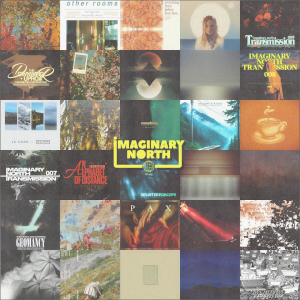‘My hope was that the messiness of my process might offer some sound pieces that might relate to how a kitchen might look when I might have finished baking bread… with hands covered in flour, with dough stuck to the counter, etc.’ (Steve Roden)
Steve Roden is credited with coining the term ‘lowercase’ to describe ‘a certain sense of quiet and humility; it doesn’t demand attention, it must be discovered…It’s the opposite of capital letters—loud things which draw attention to themselves.’ (Roden, 2001). Roden never meant for it to become a genre tag, rather through it sought to encode a personal philosophy based around quietude, humility, intimacy, articulated via a reductive approach to then-emergent digital technologies. The spirit conveyed by these words animates his work, last sighted on igloo with Proximities. Roden’s methods, at the nexus of sculpture and acoustics, tend to involve a series of self-imposed rules or idiosyncratic notation translated via self-invented systems into scores—a sort of determinate set of oblique strategies—with a fixity of process parameters, often issuing in flawed product. His is a form of bricolage that entails limiting resources at his disposal, with scant disregard for fidelity and related technicalities, rather embracing ‘flaws’ as interesting per se.
Flower & Water began with an offer to work with the first Dragon’s Eye release, Medley: Bread Baker’s Stomp—a flexi-disc recording of a blues piano piece played by George Winston. Roden, no remixer, preferred physical manipulation, cutting up some of the flexis, taping them back together ‘wrong,’ then playing the taped-together records with objects attached to the surface on a cheap record player with a small built-in speaker. Recordings were taken and different moments sampled to enable pitches to be shifted and loops created. Captured were not only the sounds emitted from the record player, but also those from the plastic cups, stones, and other things set on the turntable, processed with the natural space echo and room reverb. The experience of cutting and reassembling pieces felt related to, but different from, his normal practice in approaching such recordings—particularly the laborious process of physical building, in contrast to studio-mediated construction. Thus, Roden consciously eschewed virtual for ‘analog’ activity—with dust and hands, scissors and tape, sound as activated via dropping and sliding. He professes to have felt ‘like I was building a series of temporary sculptures, as I wanted the experience to be physical—similar to the use of hands in making bread from scratch.’ And, with titles taken from Paul Novak’s A Baker’s Dozen of Daily Breads and More, whose ritual aspect also inspired, it’s as if Roden can be heard working the material almost like a pliable dough being kneaded with bits of textural grit and snap crackle’n’pop seasoning. In parts, such as on “feeling, smelling, tasting,” to extend the bread theme, a trace of the authentic flavour and texture of the blues is palpable through the creak and crackle as piano phrases spool out, fragmented, reversed, turned to intermittent frequency; a clangour of tones rattling like stones in a tumble-drier, revealing the innards, the mechanics of process, running through it, as matter raw and cooked alike is shaped into new forms, endlessly looped.
Overall, though Flower & Water is clear in process, as product—its cadence as composition, and concomitant caché for the listener—it is oblique, emergent. An attenuated signal from the beyond of another era, at once familiar, rendered alien.
Flower & Water is available on Dragon’s Eye.






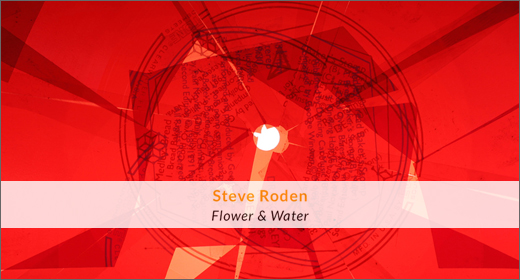
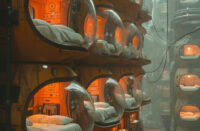
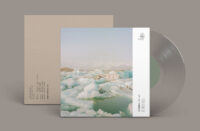
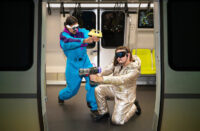
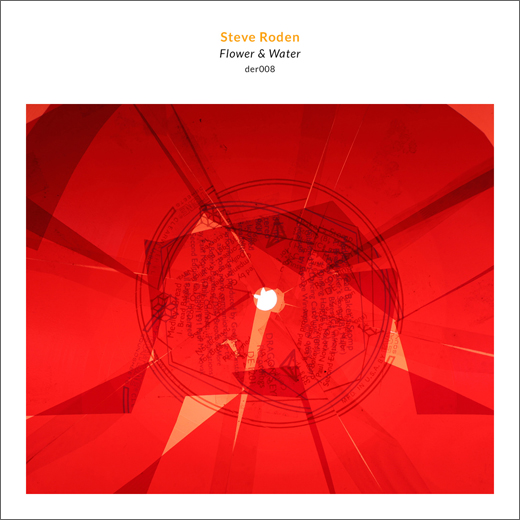

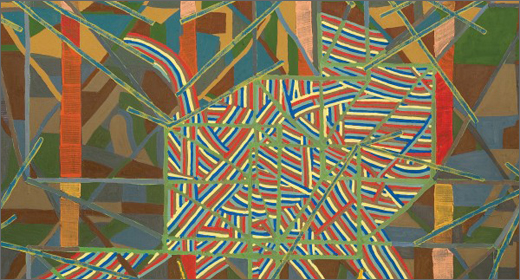
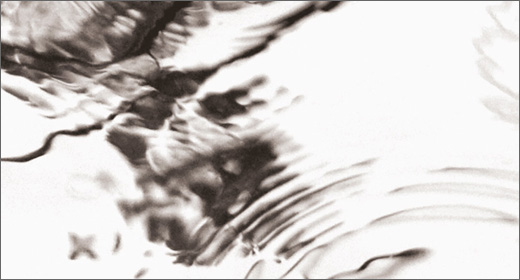
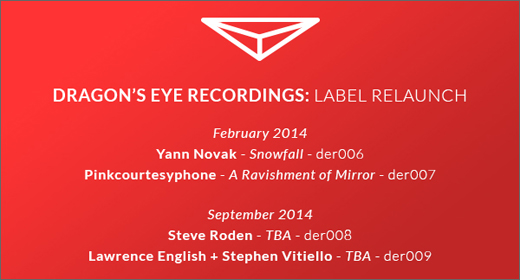

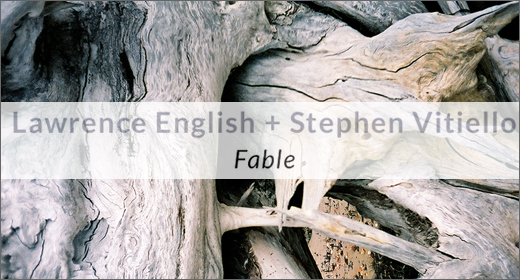
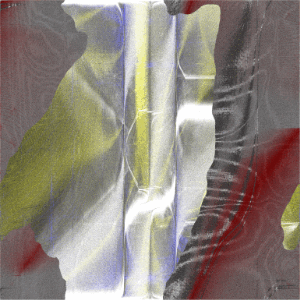


![Hasbeen :: Bunker Symphonies II (Clean Error) — [concise]](https://igloomag.com/wp/wp-content/uploads/2025/04/hasbeen-bunker-symphonies-ii_feat-75x75.jpg)
![Extrawelt :: AE-13 (Adepta Editions) — [concise]](https://igloomag.com/wp/wp-content/uploads/2025/04/extrawelt-ae-13_v_feat-75x75.jpg)
![Beyond the Black Hole :: Protonic Flux EP (Nebleena) — [concise]](https://igloomag.com/wp/wp-content/uploads/2025/04/beyond-the-black-hole-protonic-flux_feat-75x75.jpg)
![H. Ruine, Mikhail Kireev :: Imagined / Awakenings (Mestnost) — [concise]](https://igloomag.com/wp/wp-content/uploads/2025/04/h-ruine-mikhail-kireev-imagined-awakenings_feat2-75x75.jpg)


![Squaric :: 808 [Remixes] (Diffuse Reality) — [concise]](https://igloomag.com/wp/wp-content/uploads/2025/04/squaric-808-remixes_feat-75x75.jpg)
